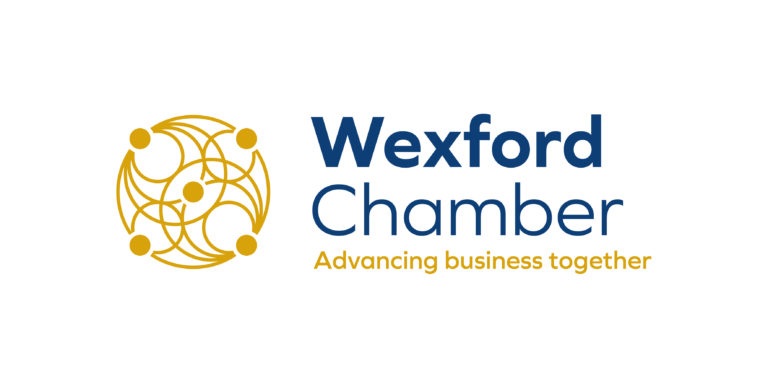National Payments Plan announces Results of Wexford Rounding Trial

Press Release 14 March 2014
The National Payments Plan (NPP) today (14 March 2014) announced the results of the Wexford Rounding Trial of 1c and 2c coins. The Trial was run from 16 September to 17 November 2013 with the aim of reducing the need for 1c and 2c coins, and showed strong support for rounding from both consumers and retailers.
The Trial was conducted following market research that showed consumers and retailers do not like these coins.
NPP Programme Manager, Ronnie O’Toole, said: ‘The results of the Trial were clear. The answer from Wexford was a resounding ‘yes’. When ‘don’t knows’ are excluded, 85% of consumers and 100% of retailers surveyed believe rounding should be applied nationally.’
During the Trial retailers rounded cash transactions to the nearest 5 cent at the cash register, removing the need for 1c and 2c coins in change. Five EU Member States have already adopted a symmetrical rounding policy; The Netherlands, Sweden, Finland, Denmark and Hungary, while Belgium is currently in the process of adopting it.
One of the concerns consumers had before the Trial was that retailers would round up the price of goods; however, a mystery shopping exercise showed that rounding had no inflationary effect. Ronnie O’Toole added: ‘We expected that the Trial wouldn’t result in price rises. Rounding only applies to total bills, not to the prices of individual goods. Quite simply, the price of almost all goods tracked over the nine weeks of the Trial remained unchanged.”
The Central Bank mints many more of these small denomination coins than other coins, but they go out of circulation quickly because of stockpiling and shops constantly need fresh supplies for change. While the direct average cost of producing these coins exceeds their face value, with a 1c coin costing approximately1.3c to mint, there are significant other economic costs associated with the transport and storage of these coins in the economy.
Chairman of the NPP, Tony Grimes, said: ‘On the basis of the successful Trial, the NPP Steering Committee has now recommended to the Minister of Finance that symmetrical rounding is rolled out nationally, and that it is run on a voluntary basis for both consumers and retailers. This report can help inform the Minister’s decision on a national rollout.’
A national rollout would require a widespread communications and education plan aimed at both consumers and retailers, and a sufficient lead-in time to make sure that retailers have an adequate time to prepare. In the event of a national rollout the 1c and 2c coins would retain their status as legal tender.
Speaking this morning, Madeleine Quirke, CEO of Wexford Chamber who actively supported the Wexford trial, said “I am delighted with this recommendation to roll out symmetrical rounding nationally. Again the fact that will run on a voluntary basis will allow consumers and retailers to make a choice in the event of rounding becoming the norm”. “I would like to thank all retailers and consumers who participated in this trial and I feel extremely proud that Wexford was chosen as the town which has proven to the Central Bank that ‘change’ is inevitable and that we do not like the 1c and 2c coins. Our experience has influenced this recommendation. ” concluded Madeleine.
ENDS

